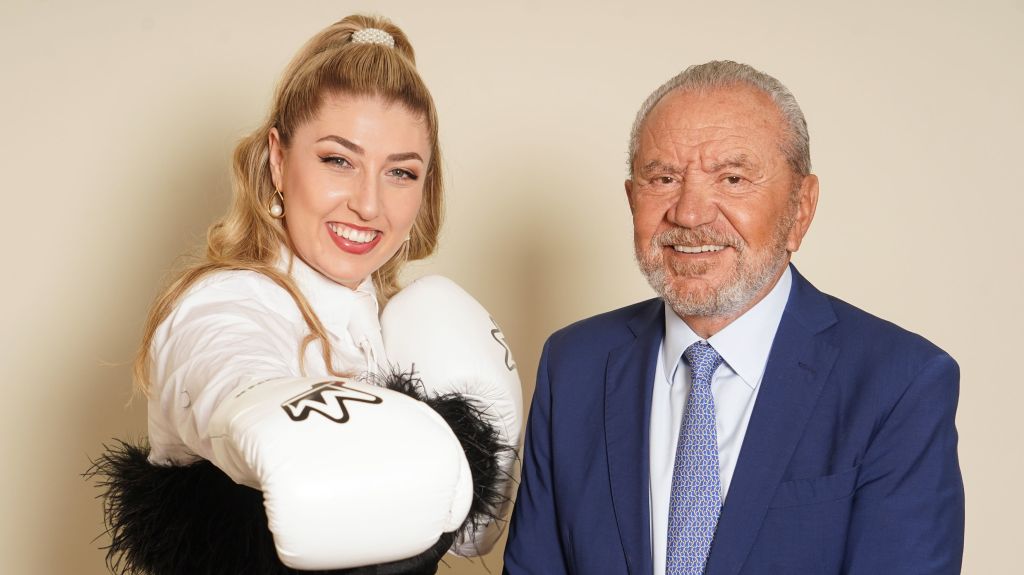Business Deal-Making Lessons from Olympians
Have the Olympics captivated you? The stunning display of the opening ceremony alone was impressive, but the array of sports and the sheer talent and dedication of the athletes are truly inspiring.
Last week, I was mesmerized by the women’s lightweight double sculls (which isn’t something I usually say). Emily Craig and Imogen Grant, two young British athletes, claimed victory with what British Rowing described as “calm synchronicity.” Their post-medal ceremony interview stood out for its genuine warmth, deep friendship, and mutual support. They spoke highly of each other’s remarkable qualities, highlighting a journey of mutual give-and-take that outshone their gold medals.
This mirrors the way successful businesses operate today—exemplifying outstanding teamwork, a desire to see others thrive, and the understanding that a partner’s success is also their own. Many of us have seen deals marred by parties bent on securing a win at the expense of the other, often neglecting the companies and their workers involved.
Consider also how businesses are sometimes “ramped” during listings—promoted beyond realistic performance expectations due to investor hype driven by market sentiment.
Moreover, it’s disheartening when a well-established company, seeking new capital or ownership, is sold for less than its true worth because buyers overlook the real value—often the dedication and care of its employees producing quality goods for loyal customers.
Confrontation versus collaboration: which approach resonates with you? What’s more likely to deliver the best outcomes for all stakeholders? Collaboration can indeed foster long-term success, while confrontation often results in lingering resentment.
Respect, courtesy, and fairness through collaborative efforts generally lead to victories that benefit all parties involved. As a chairperson often brought in when a founder takes their first private equity investment, I’ve seen the initial phase of such partnerships bring confrontational challenges. Once the initial excitement of the deal fades, issues can arise.
Founder: “This is my creation. Only I understand it, and don’t tell me how to run it.”
Private equity firm: “Your margins are too low, your labor costs are high, and your expenses are excessive.”
While these are stereotypes, they contain a grain of truth. Resolving such issues requires identifying common ground, where collaboration and mutual understanding can thrive, allowing the business to grow and prosper. A Venn diagram, highlighting similarities and differences, illustrates this concept well.
Collaboration’s strength lies in valuing both similarities and differences, learning from each other, and reducing friction. “My way or the highway” never achieves this. Though it’s not world peace, it’s a productive way to work, enhancing both individual and team performance.
This approach allows a clear focus on the enterprise’s goals, avoiding the drain of disagreements and ego-driven demands. It demands listening, reflecting, understanding, and learning from failures. Smart use of data also supports a calm, informed approach, inviting genuine input for well-rounded decision-making.
Emily and Imogen exemplified this. Imogen remarked on their near-miss in Tokyo (where they narrowly missed out on medals), saying it was part of their journey. Their hard work and growth as individuals made their latest victory feel inevitable. Collaboration and commitment led to their success. Bravo.
Dame Karen Jones, co-founder of Café Rouge and former CEO of Spirit pub group, is a non-executive director at Deliveroo, Whitbread, the Crown Estate, and Mowgli Street Food, and chairwoman of Hawksmoor.




Post Comment